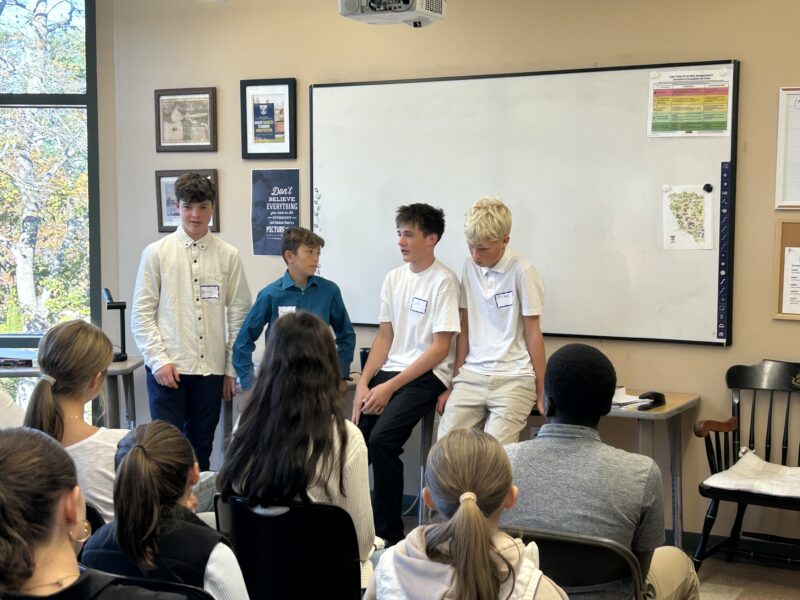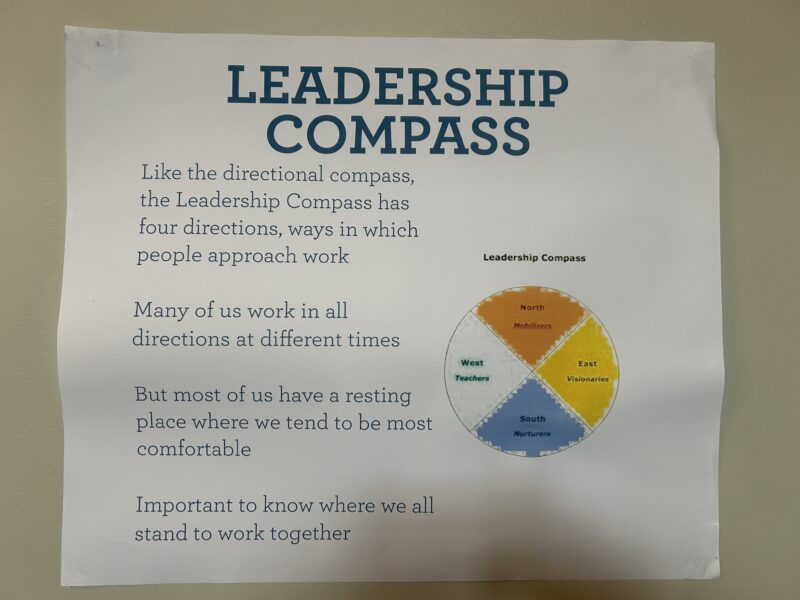Q: If Hyde is neither a traditional nor a therapeutic school, where does it fit?
A: Years ago, a Hyde Board member observed, “Imagine a canyon between two plateaus. You’ve got the traditional schools on one side, the therapeutics on the other, and in between the two plateaus, nestled in that canyon is one school: Hyde. We may lean toward the traditional side of that canyon, but we’re in a category all our own.”
The difference between Hyde and both categories of schools has to do with primary emphasis and residual outcomes.
Traditional schools place their primary emphasis on a rigorous college-preparatory program and assume that positive character development will be a residual outcome of the overall experience. Hyde places its primary emphasis on a rigorous program of character development and assumes that positive college placement will be a residual outcome of that overall experience.
While we are proudly college preparatory, we also know that college is not the endgame of life. We seek to challenge kids in ways that will have their biggest pay-offs in the years after college. You could say that we are more interested in training outstanding parents and community citizens than college students. (Of course, we hope to prepare kids for all of the above.)
Therapeutic schools seek to remedy a particular deficit, typically a psychological or cognitive diagnosis, with the belief that once the problem is remedied, the individual will then be prepared to resume life in the mainstream. Hyde takes a broader, more holistic approach. We seek to build upon a student’s strengths with the belief that a character-based way-of-life can help students build a tool-box of coping and adaptive skills that can help them negotiate life’s future challenges, problems, and opportunities. (We also tend to believe that the mainstream is overrated anyway!)
So, Hyde’s fit in the school world comes down to where a given school places its “51%.” In comparison with the traditional schools, Hyde’s 51% is with character development over college placement. In comparison with the therapeutic schools, Hyde’s 51% is with developing a holistic approach to life and some lesser amount is concerned with a particular diagnosis. A parent with a “diagnosis-first” priority might do well to select a school more closely matched to that mindset.
This is not to say that Hyde ignores diagnoses. In fact, a number of our students seek professional counsel from area therapists and counselors. It pretty much comes down to that 51% emphasis.
Finally, Hyde is often very therapeutic… with a small “t.” From the admissions interview, a searching inventory of strengths, obstacles, goals, and hopes, to the graduation speech given by every graduate at commencement (with parents and family standing in the audience), a lot of deep stuff happens. The end result can indeed be profoundly therapeutic. However, the Hyde faculty, by and large liberal arts people, carry their own educational training into their work and set the tone of campus life.
Onward, Malcolm Gauld


